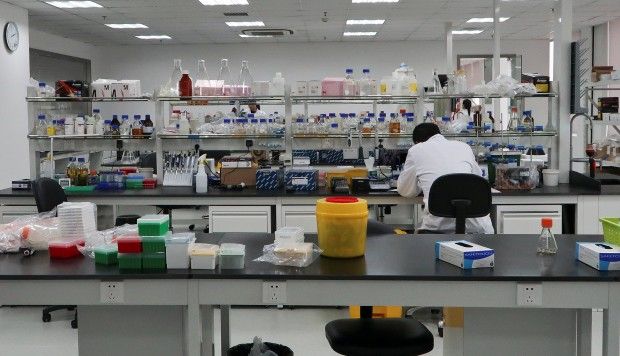China has issued the first national guidelines to enforce academic integrity in scientific research and vowed to punish academics and institutes for misconduct such as plagiarism and fabrication of data.
Researchers and institutes involved in misconduct including plagiarism, fabrication of data and research conclusions, ghostwriting and peer review manipulation will face severe punishments, Xinhua reported.
Scandals involving plagiarism and fabrication of research findings have become more prevalent in recent years. Springer Nature last year retracted 107 papers published in Tumor Biology between 2012 and 2017 after an investigation found the authors had supplied the journal’s editors with made-up contact information for third-party reviewers.
After the ZTE ban, media and online commenters also recalled a scandal from 2006 over a much-hyped digital signal processing chip, dubbed the Hanxin, or Chinese chip, which was later exposed as a fraud.
